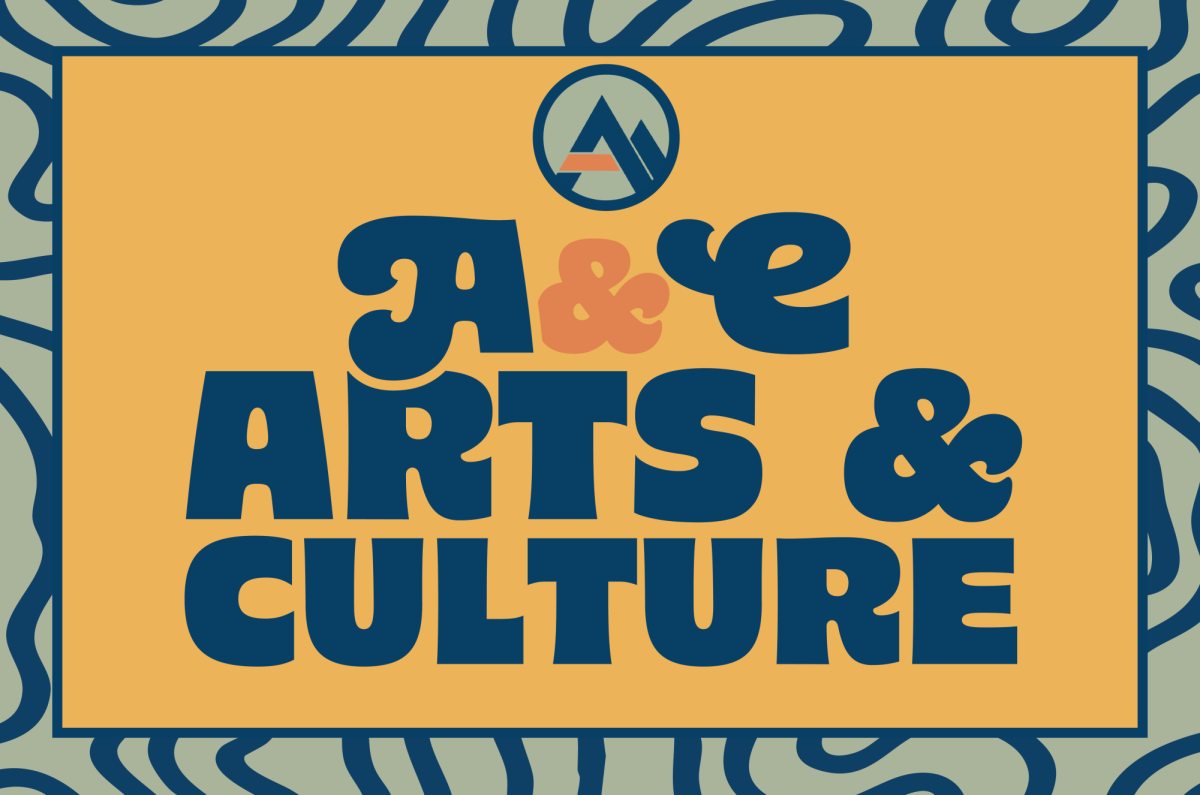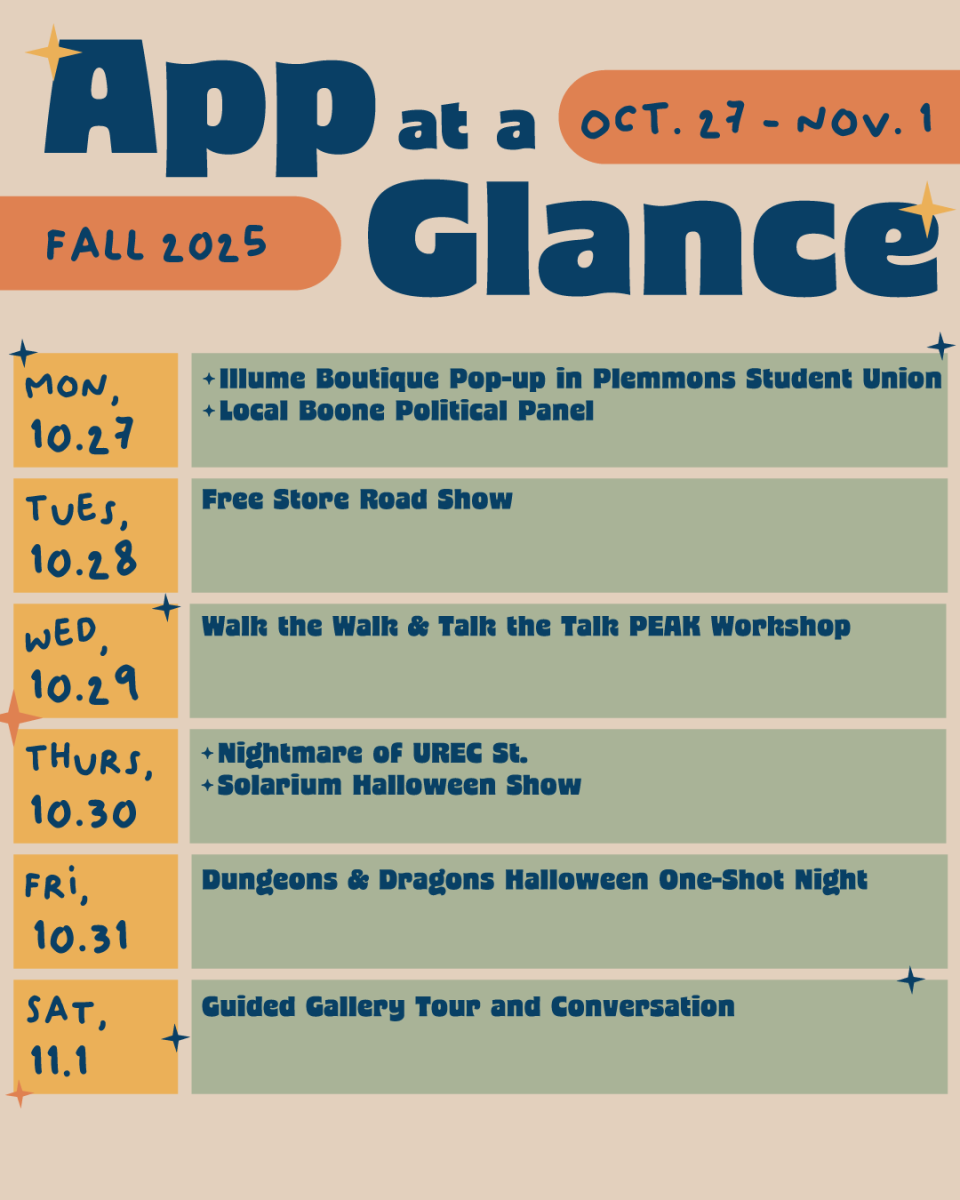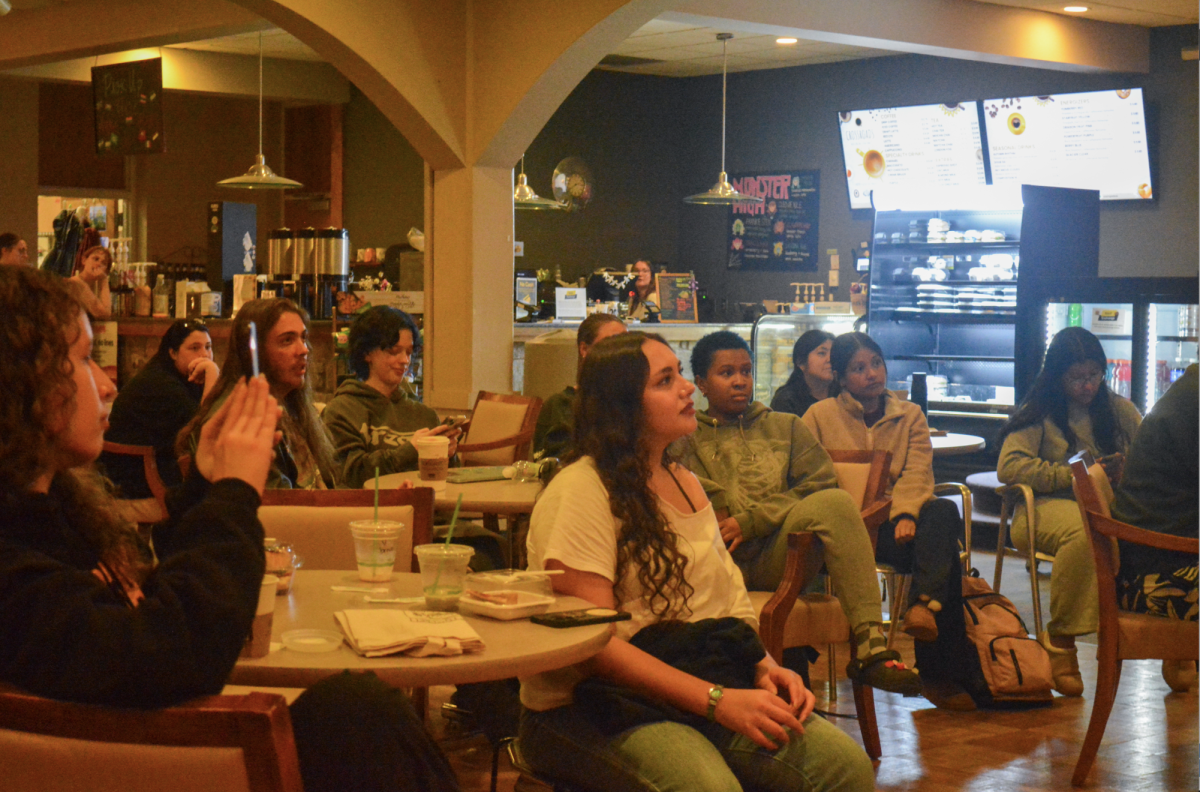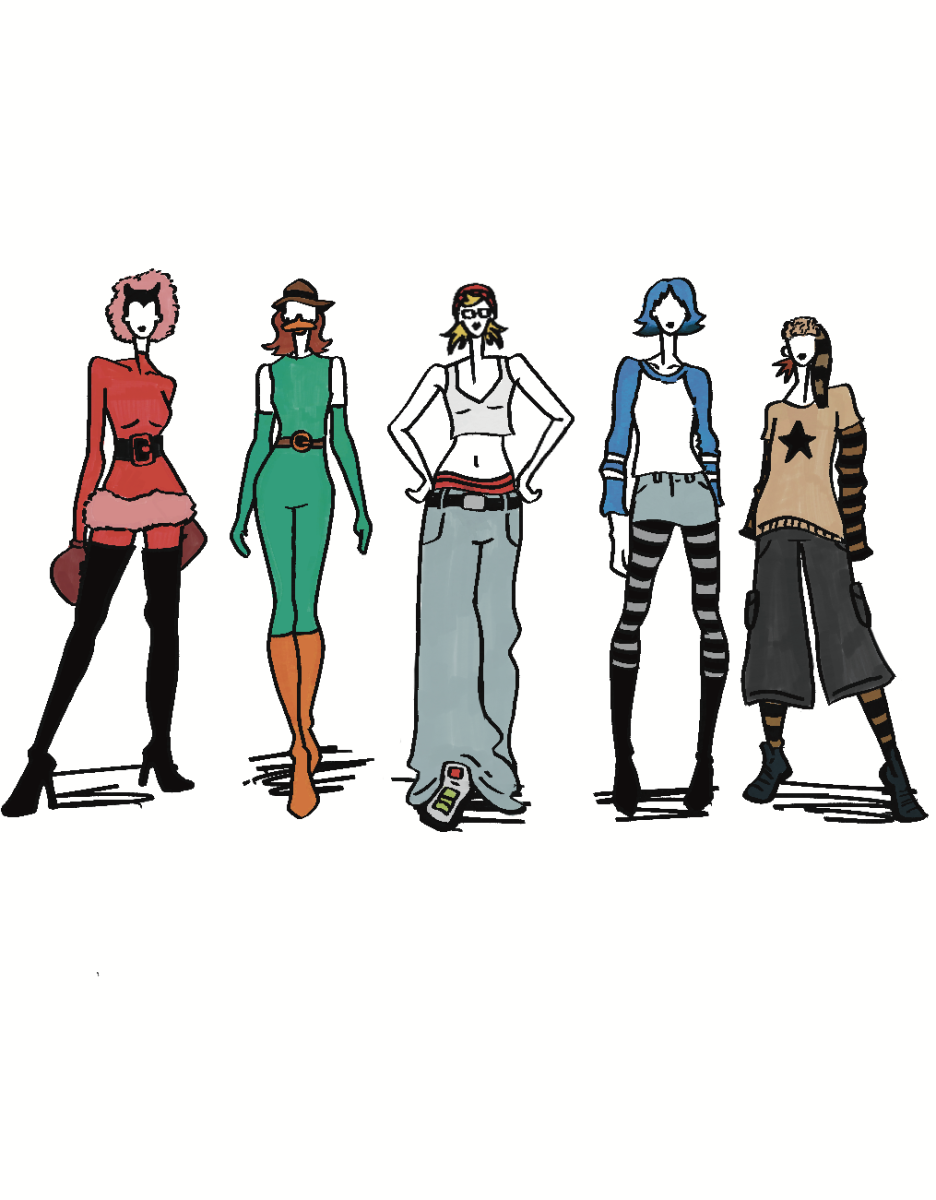The sound of metal clashing echoed across Sanford Mall Wednesday afternoon as blacksmith John Winer provided a demonstration. A crowd gathered; the sun was shining and a gentle breeze rippled through the trees as students observed John Winer at work.
John Winer and his wife, Nancy Winer, traveled from their forgery located in the hills of Mountain City, Tennessee to participate in the event hosted by APPS, marking their second time performing on campus.
John Winer has been forging for about thirty years, ever since he observed an experienced blacksmith crafting metalwork in the ‘80s. According to John Winer, this influence was how he found his calling.
“It’s about being in a pulse, a life force, letting it come through you,” John Winer said to the crowd.

Before discovering blacksmithing, John Winer worked as a street musician, performing in bars, festivals and in prisons across nearly forty states.
“I like rhythm; rhythm and fire,” John Winer said to the crowd. “It’s like music. It’s a very musical way of creating objects for the whole life.”
John Winer shows this through his rhythmic timing of the process. Beginning with a propane forge heating the iron, moving it into a well of cool water and finally shaping it into a hook. He flowed naturally through the steps of his presentation, reflecting his years of experience.
John Winer said forging and blacksmithing have done a lot for humanity, capturing both art and weaponry throughout history.
“It’s an unlimited experience of creation,” he said to the crowd.
On a table near his demonstrations lay magazines featuring his work, including elaborately adorned gates, tables, sculptures, chandeliers and pieces designed for fireplaces. Many pieces appeared to be reminiscent of historical designs by blacksmiths throughout time, as well as furniture from the Industrial Age.
John Winer said welding has an intricate history in the mountains of Appalachia. As communities began to settle within the mountains of Western North Carolina, the large iron deposits available made blacksmithing an essential trade amongst pioneers, as explained by the Center for Pioneer Life.

Daniel Boone, the namesake of App State’s hometown, came from a family of blacksmiths. According to Smyth Boone Blacksmith, blacksmithing can be traced back 18 generations in the Boone family.
“You know where Daniel Boone Gardens are?” Winer asked the crowd. “I think it may have been in the ‘60s. Daniel Boone VI forged those gates. Yeah, he was a very incredible smith, an incredible character.”
Christian Newman is a freshman biology major. She has been welding for roughly four and a half years, crafting sculptures like dragon heads and octopi when she has the time. She stood and watched at the front through most of Winer’s presentation.
“The way that it’s intriguing to him makes me intrigued in it as well,” Newman said. “The fact that you can use it for things such as tools and knives to things that are simply artistic.”
According to Nancy Winer, her husband’s work exists in the many details of their farm home. All of the hinges, latches and some of the furniture were forged by him, describing them as jewelry decorating their home.
“I just love when he gets inspired and he just goes off on intuition and on inspiration,” Nancy Winer said. “I like to watch how much joy it brings to him to create things out of iron.”
Rosalie McCracken, a junior English major, is the chairperson of the APPS Appalachian Heritage Council.

“The event is a part of a series called Foxfire mini-series,” McCracken said. “The Foxfire books cover art based in Appalachia, and APPS is aiming to bring those arts to campus.”
According to their mission statement, the Heritage Council strives to provide entertainment on campus that centers on the history and traditions of Appalachia.
Emery Morrison, a junior special education major, is a new member of the Heritage Council.
“It’s trying to connect App State’s campus with the Appalachian heritage and keeping that heritage alive,” Morrison said.
“So bringing out local artists like the blacksmith or the fiddle con and all of the bluegrass players and stuff like that, bringing that heritage to campus. So students that come here, they’re not just like, ‘I go to school in Boone,’ they actually know the culture about it.”







